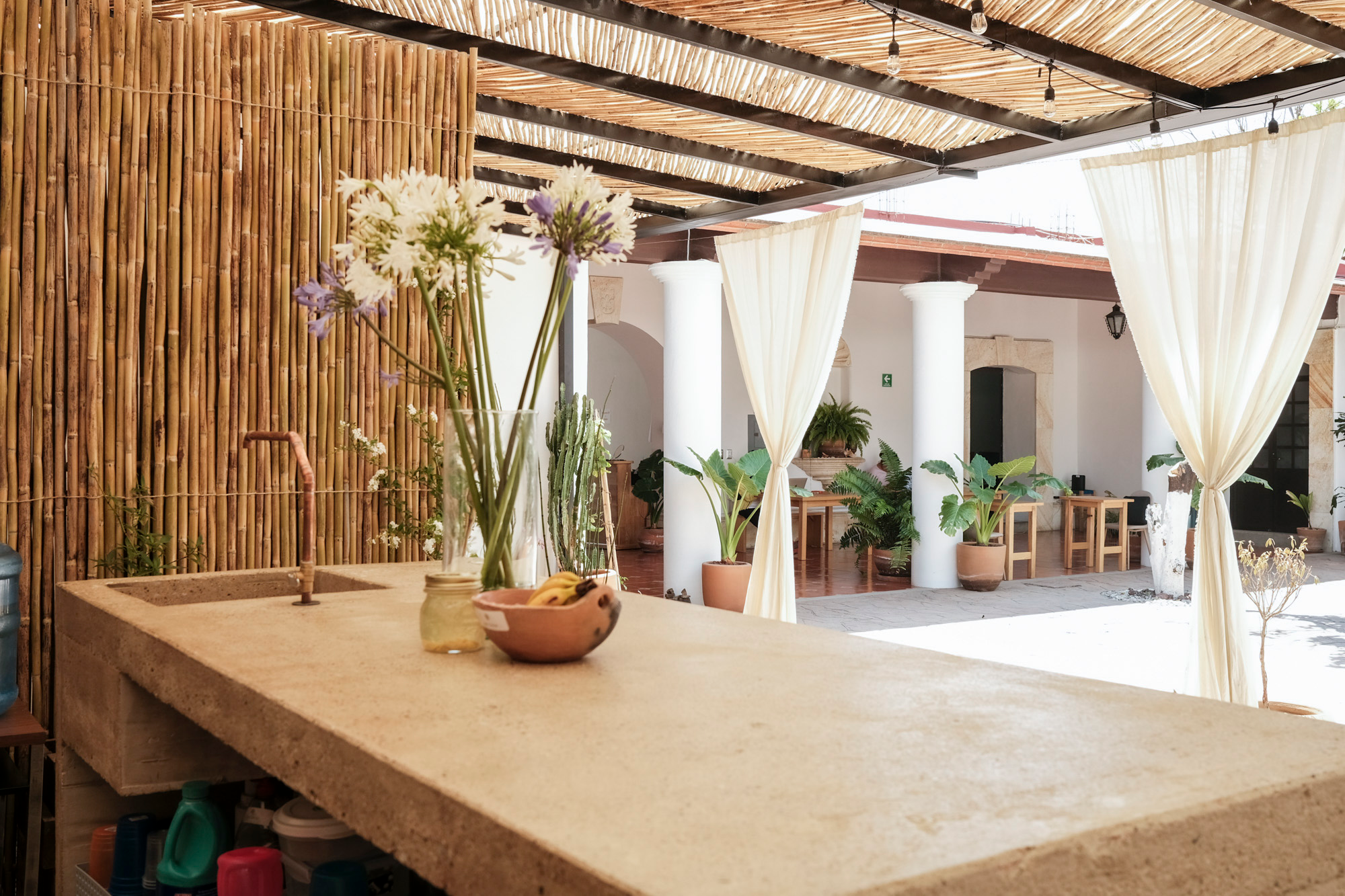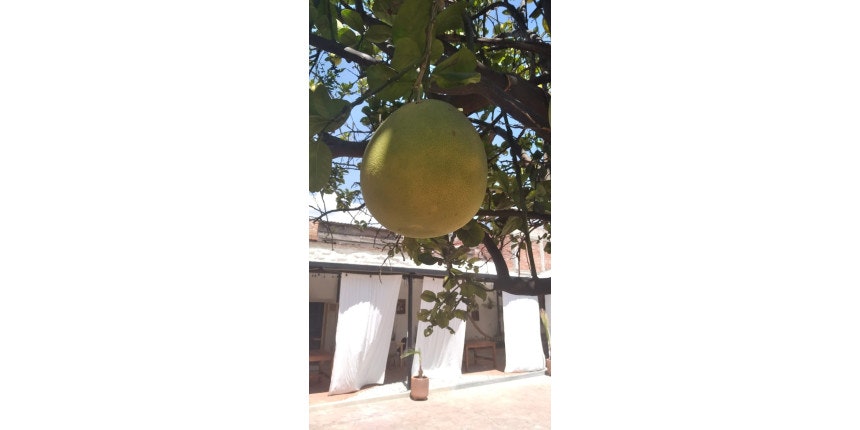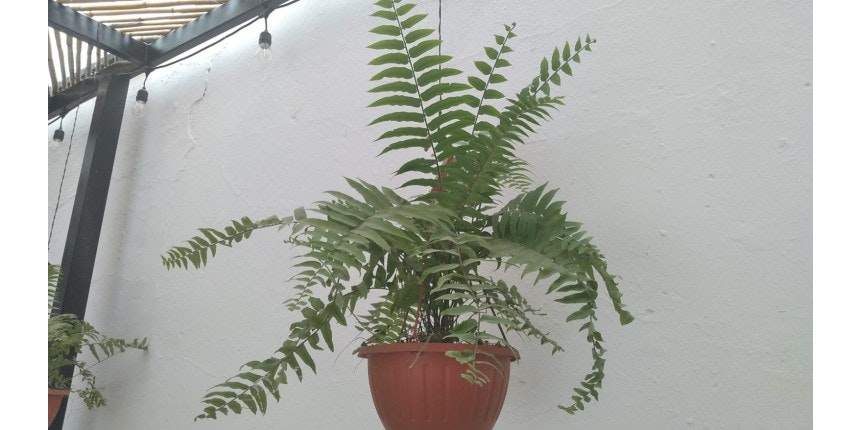Gubixi Coworking Space is environmentally responsible


Our rich plant diversity
Climate in Oaxaca is suitable for many species of plants, and in Gubixi we have taken that to our advantage! For example, right in our central patio, there is a grapefruit tree, which yields some big grapefruits. Our lovely Alicia uses the fruit to make a delicious and refreshing drink every day for our coworkers.

Besides the tree, we have placed some ornamental ferns to give a touch of life and green to the place. Oaxaca has a great diversity of ferns given its warm and humid weather; the ones in our space belong to the species Nephrolepsis exaltata and Nephrolepsis biserrata, most commonly known as sword ferns and giant sword ferns, respectively.


Keeping mosquitoes at bay
Sadly, those same climate conditions are perfect for mosquitoes to proliferate. These little insects can be a nuisance and, in the worst case, transmit diseases such as dengue fever. However, we have thought of that too, and got ourselves some anti-mosquito plants! Lavender and citronella are famous for their capacity to repel such small animals. We have placed them strategically to keep our coworkers safe and our workspace comfortable.
Becoming more environmentally friendly
One of our main concerns is also to be responsible towards the conservation of our habitat. For that reason, Ms. Perseida Tenorio, director of the Hayir Foundation has made some suggestions for the improvement of Gubixi in ecological terms. Her main focus is on conservation and revitalization of water, so she has proposed the implementation of biofilters for the treatment of soapy water residues within the co-work, as well as rainwater harvesting and the adoption of biodegradable soaps and floor cleaners. Hayir has successfully implemented these measures in low-income communities in the Sierra Norte de Oaxaca, so we are confident in their potential as eco-friendly alternatives.
Furniture
We resorted to local producers for our furniture for several reasons: Locally made furniture is free from carbon prints associated with transportation. Also, buying from local artisans helps support small businesses, which can have a positive impact on the local economy. Besides, local makers are often more likely to use sustainable materials and production practices because they are connected to their community and environment. Lastly, locally made furniture usually offers a wide margin for customization, which means we could get items specifically tailored for our needs and tastes.